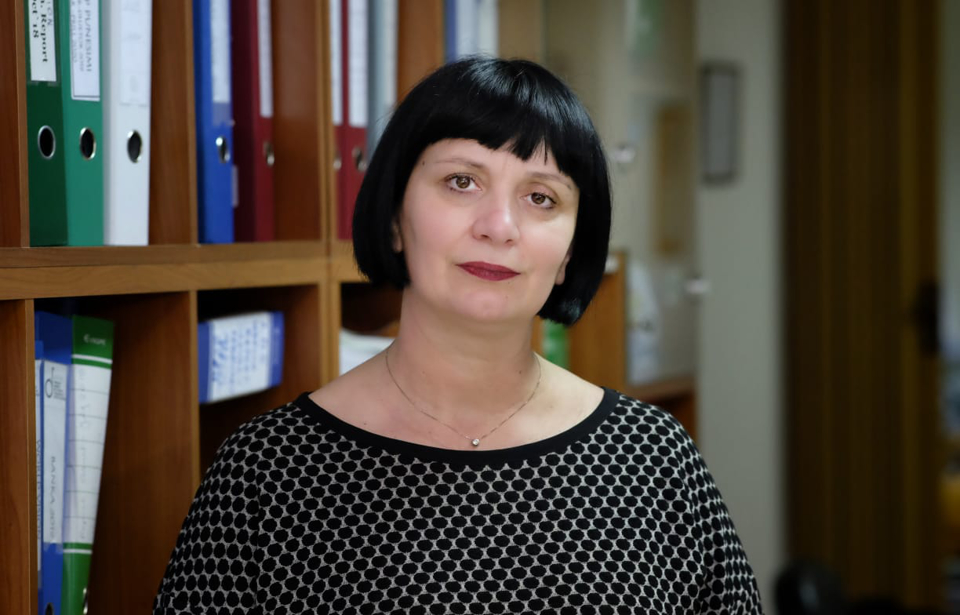In the words of Blerta Cani: “Empowering young girls and women with disabilities is one of our key missions”
Date:
Blerta Cani is the Executive Director of the Albanian Disability Rights Foundation (ADRF). After participating as a key speaker at the webinar “Intersectional solutions to eliminate violence against women and girls living with disabilities,” organized within the regional UN Women programme on ending violence against women in the Western Balkans and Turkey “Implementing Norms, Changing Minds,” funded by the European Union, Cani spoke to UN Women about how the organization’s field work is directly informing policy-making and law-development in Albania and what urgent actions are needed to prevent and respond to violence against women with disabilities, especially during the pandemic.

I enjoy working with people, and I am committed to improving the lives of women with disabilities. This is why, since its foundation, ADRF has conducted groundbreaking advocacy and research, influencing policy adoption on a wide array of issues affecting the lives of Albanians with disabilities, such as political participation, inclusive education, accessibility, employment, gender-based violence, and ratification of the Convention on the Rights of Persons with Disabilities by Albania.
One of the most recent noteworthy achievements is that the needs of women and girls with disabilities are being mainstreamed into policies and legislation and, as a result, the issue of women with disabilities’ accessibility to services has been included in central and local government agendas.
However, as the COVID-19 pandemic persists, more actions are needed to further protect women with disabilities from its impact, as COVID-19 has compounded all the barriers that women with disabilities normally face in accessing gender-based violence programs and services, such as information in inaccessible formats, lack of transportation to health facilities and women’s centers, environmental barriers at health facilities and women’s centers, lack of capacities to handle cases of violence against women with disabilities, and negative attitudes of family members, communities and even staff who provide services.
Therefore, it is important that emergency planning of national and local development agencies includes and specifies the needs of girls and women with disabilities and includes specific planning and budgeting on how to address them. They need to ensure that services are not disrupted and made accessible through the use of remote approaches, like online platforms or mobile teams. Also, online interactive and accessible web platforms should be created to support women with disabilities, in order to inform, offer advice and support, including psychological and legal aid on issues related to the situation created by the pandemic. Additionally, it is important to offer advice and support on reporting violence and provide direct assistance to get out of a violent situation.
Girls and women with disabilities are already skeptical and pessimistic about the possibility of an improvement in their lives. This is why it’s really challenging for us to work with them to try and increase their self-confidence, especially during the pandemic. But we have built success stories with girls and women with disabilities, supporting them with their education, career development and employment. Because in all our programs, informing and empowering girls and women with disabilities has been one of our key missions.”